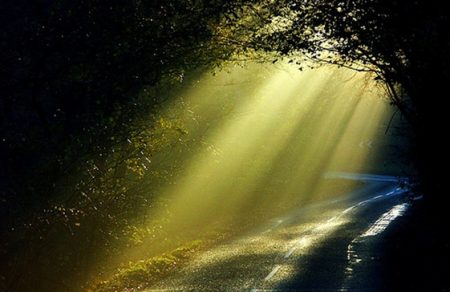Having begun his professional life believing in the promise of communism, British journalist Malcolm Muggeridge (1903-1990) abandoned his utopian dream in the 1930s. Coming to Christ in 1969, he emerged as a cultural critic who saw groundless vanity in suggestions that human achievement or human error could save or ruin everything. Lord Jesus was the glorious, redemptive constant, a truth often recognized only when all else failed.
In the inaugural address of The Pascal Lectures on Christianity and the University, given at the University of Waterloo, Ontario, Canada, in October 1978,1 Muggeridge argued that people must not put their hope in earthly institutions, including Christendom (the predominance of the Church in territorial terms). Rather, believers must understand that Christ’s kingdom is not of this world; He reigns today in the hearts of those who have turned to Him in repentance and faith, a reign untouched by the ebb and flow of temporal fortunes.
Christendom, like other civilizations before it, is subject to decay and must sometime decompose and disappear. The world’s way of responding to intimations of decay is to engage equally in idiot hopes and idiot despair. On the one hand some new policy or discovery is confidently expected to put everything to rights: a new fuel, a new drug, détente, world government. On the other, some disaster is as confidently expected to prove our undoing. Capitalism will break down. Fuel will run out. Plutonium will lay us low. Atomic waste will kill us off. Overpopulation will suffocate us, or alternatively, a declining birth rate will put us more surely at the mercy of our enemies.
In Christian terms, such hopes and fears are equally beside the point. As Christians we know that here we have no continuing city, that crowns roll in the dust and every earthly kingdom must sometime flounder, whereas we acknowledge a king men did not crown and cannot dethrone, as we are citizens of a city of God they did not build and cannot destroy. Thus the apostle Paul wrote to the Christians in Rome, living in a society as depraved and dissolute as ours. Their games, like our television, specialized in spectacles of violence and eroticism. Paul exhorted them to be steadfast, unmovable, always abounding in God’s work, to concern themselves with the things that are unseen, for the things which are seen are temporal but the things which are not seen are eternal [1 Cor. 15:58; 2 Cor. 4:18]. It was in the breakdown of Rome that Christendom was born. Now in the breakdown of Christendom there are the same requirements and the same possibilities to eschew the fantasy of a disintegrating world and seek the reality of what is not seen and eternal, the reality of Christ . . .2
[I]t is precisely when every earthly hope has been explored and found wanting, when every possibility of help from earthly sources has been sought and is not forthcoming, when every recourse this world offers, moral as well as material, has been explored to no effect, when in the shivering cold the last faggot has been thrown on the fire and in the gathering darkness every glimmer of light has finally flickered out, it’s then that Christ’s hand reaches out sure and firm. Then Christ’s words bring their inexpressible comfort, then his light shines brightest, abolishing the darkness forever.3
Footnotes:
1 Malcolm Muggeridge, The End of Christendom (Grand Rapids: Eerdmans, 1980), vii.
2 Ibid., 52-53.
3 Ibid., 56.





